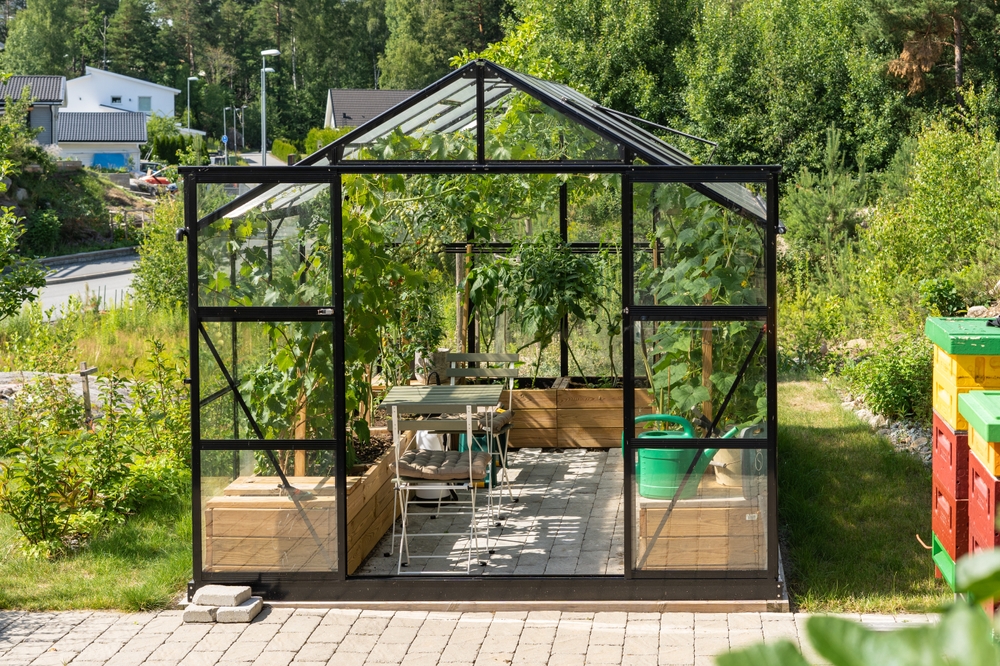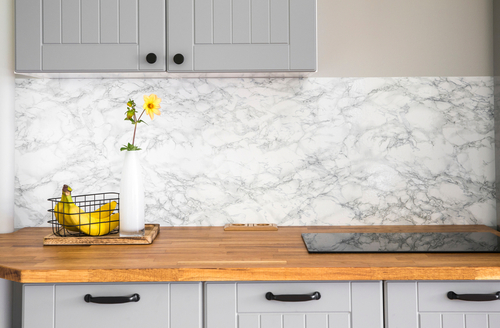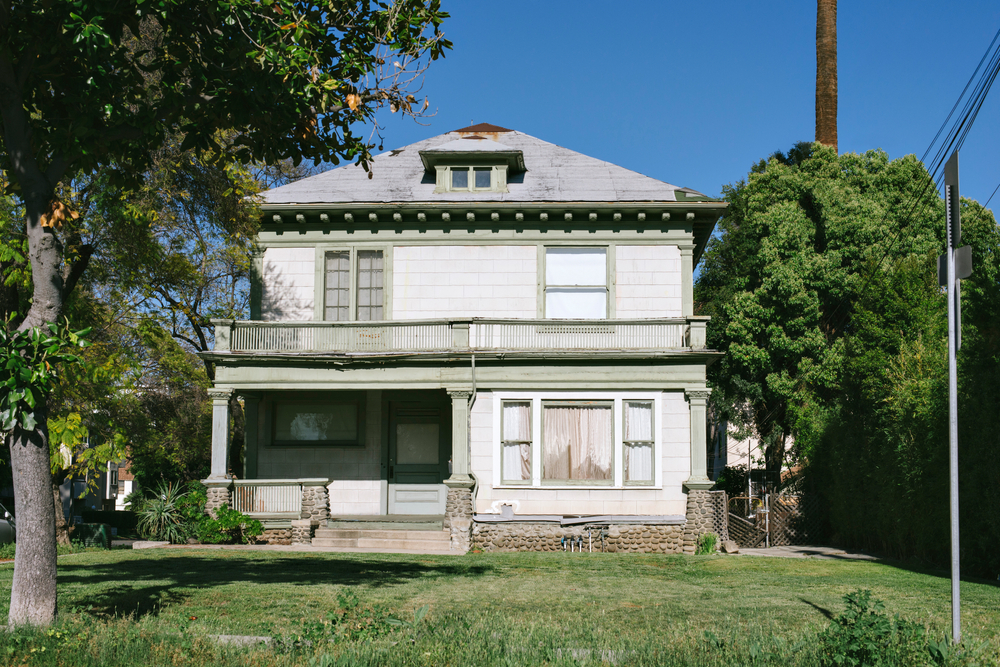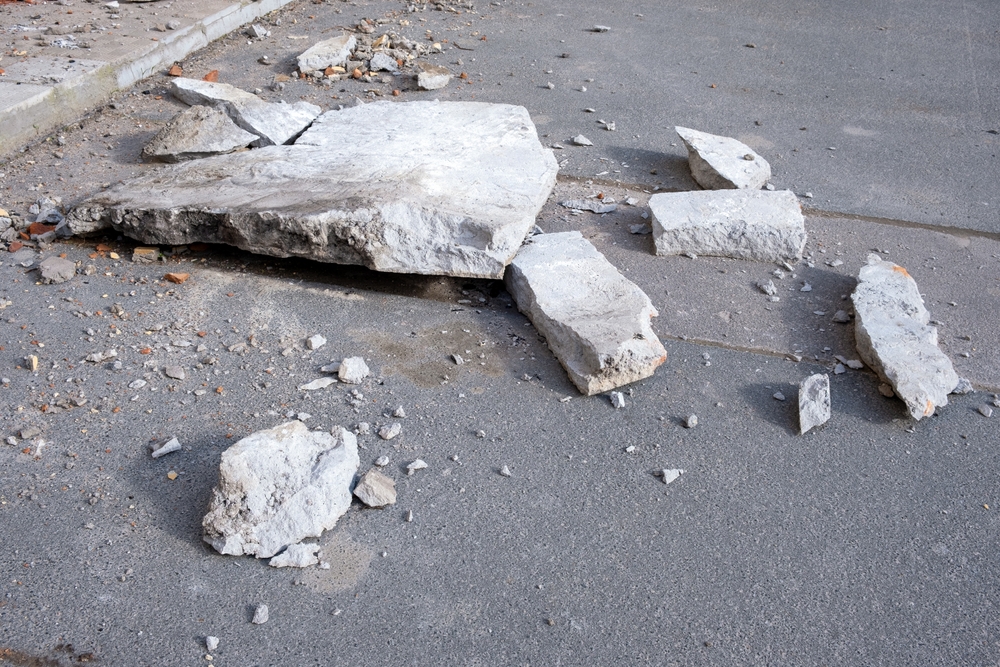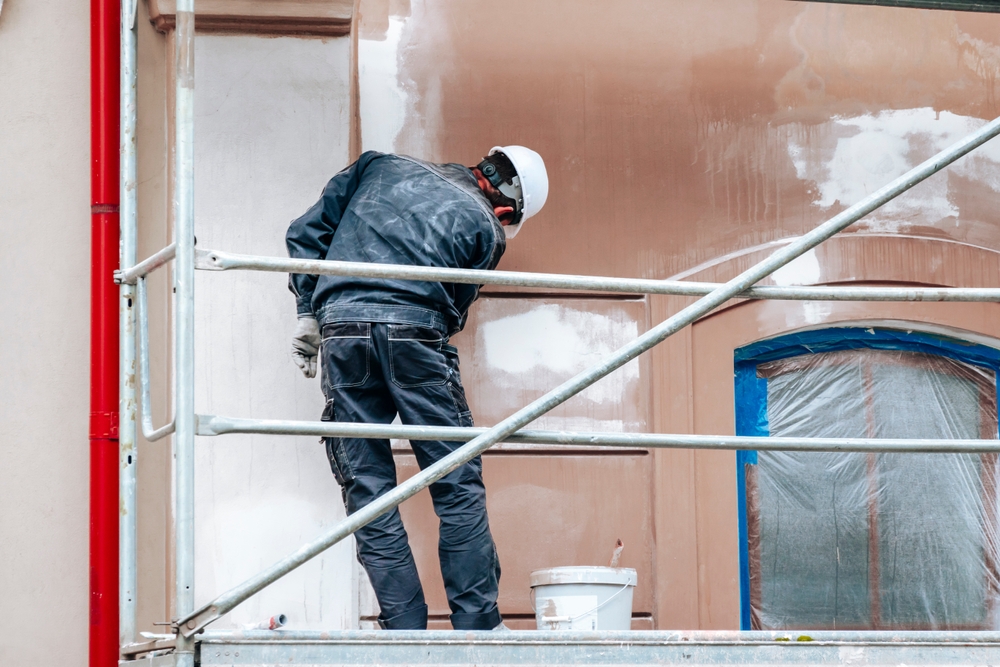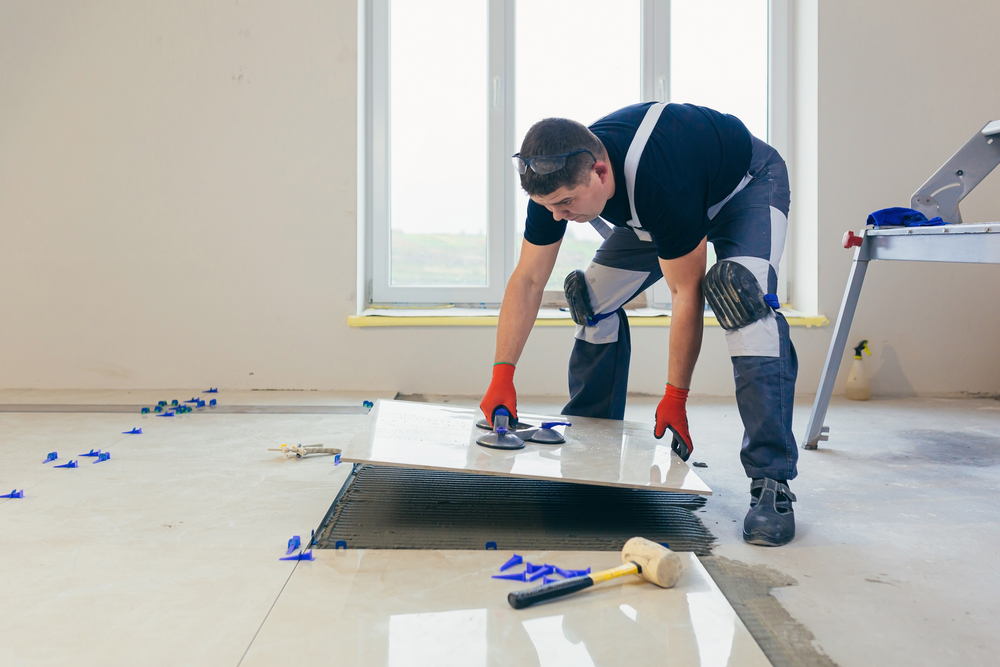March 15, 2024 - Benjamin Ehinger
Pros and Cons of Butcher Block Countertops: A Balanced Overview
CALL NOW 844-762-8449
Butcher block countertops bring a warm, natural look to a kitchen, coupling rustic charm with functionality. Crafted from straight cuts of wood glued together into thick slabs, these surfaces exude a timeless appeal that complements many design styles. They are known for their durability, ease of repair, and the cozy ambiance they lend to the heart of the home. While often seen in traditional and country kitchens, butcher block countertops have also carved their niche in modern and eclectic spaces.
When planning a kitchen renovation, it’s important to consider not only aesthetics but also practicality. Butcher block countertops, while beautiful, come with their own set of considerations such as maintenance needs and vulnerability to stains, scratches, and water damage. If you are taking on a kitchen remodeling project, establishing a waste management plan, which might include getting a small home dumpster rental from Waste Removal USA, is vital for a smooth and clean process. Durability and ease of repair are a plus, but these surfaces also require regular sealing to preserve their appearance and function.
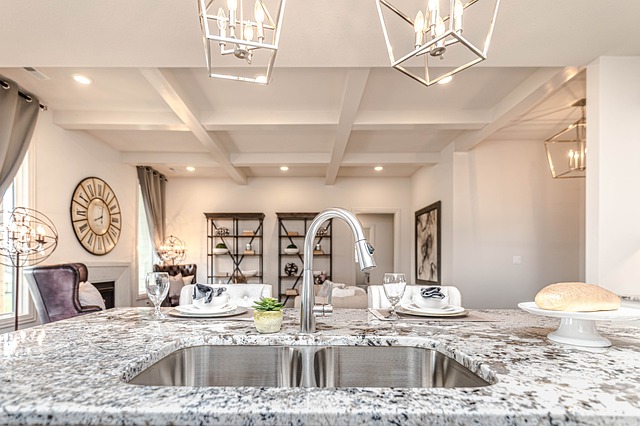 As you consider butcher block countertops for your kitchen, comparing them to stone and manufactured materials on parameters such as cost, durability, and maintenance can be pivotal in your decision-making process.
As you consider butcher block countertops for your kitchen, comparing them to stone and manufactured materials on parameters such as cost, durability, and maintenance can be pivotal in your decision-making process.
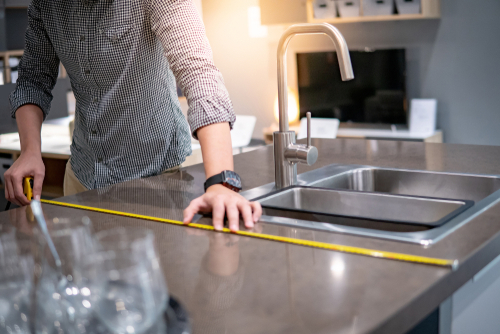 When it comes to incorporating butcher block countertops into your kitchen, you have two primary paths: professional installation or a DIY approach. Both have distinct considerations regarding cost, labor, and the tools required.
When it comes to incorporating butcher block countertops into your kitchen, you have two primary paths: professional installation or a DIY approach. Both have distinct considerations regarding cost, labor, and the tools required.
Key Takeaways
- Butcher block countertops offer a warm aesthetic and are easily repairable.
- These countertops require maintenance to resist damage from stains, scratches, and water.
- Compare butcher block to other materials and understand care tips for longevity.
Benefits of Butcher Block Countertops
When considering the addition of butcher block countertops to your kitchen, you’ll not only introduce a piece of timeless natural beauty but also benefit from their versatility and cost-effectiveness.Aesthetics and Versatility
Butcher block countertops bring a warm, inviting style to your kitchen with their rich, natural wood appearance. You have a wide variety of species to choose from, such as oak, maple, cherry, bamboo, walnut, and teak. Each offers unique colors and grains, from the linear simplicity of edge grain to the intricate patterns of end grain butcher block. These surfaces can be crafted to suit any kitchen styles, whether you’re installing them as an island centerpiece or harmonizing them with your kitchen’s overall décor.Natural Durability and Maintenance
Your butcher-block countertops have an inherent natural durability, particularly if crafted with end grain or face grain selections. Over time, they develop a sought-after patina that can enhance the character of your kitchen. Maintenance is straightforward: when scratches or dents occur, sanding down the area can often restore its appearance. With proper care, including regular oiling, these wood countertops can achieve impressive longevity, much like a well-maintained hardwood floor.Affordability and Installation
In terms of cost, butcher block is often affordable compared to stone or quartz. The average cost of materials is just $20 to $60 per square foot, with a range of options available to suit different budgets. Installation costs are also reasonable, often lower than other countertop materials, since butcher block can be easier to cut and fit to your specific kitchen layout. Whether you’re skilled at DIY or hiring a professional, the process is relatively straightforward, making butcher block an accessible option for many homeowners.Challenges of Butcher Block Countertops
Butcher block countertops offer a warm and inviting aesthetic for your kitchen; however, they bring unique challenges to consider. From ongoing maintenance to environmental impacts, these countertops require mindful care to sustain their beauty and functionality.Maintenance Requirements
Your butcher block countertops demand consistent maintenance to remain in peak condition. Regular application of mineral oil helps in preserving the wood, preventing it from drying out. At least once a month, you should oil your countertop to maintain its sheen and protect against cracks and splinters. This means remembering to buy supplies and dedicating time to this task.Susceptibility to Damage
Despite your best efforts, scratches, dings, and nicks can easily mar the surface of a butcher block countertop. They aren’t heat resistant, so hot pots and pans can scorch the wood, and moisture can cause water damage if not wiped up promptly. Stains from liquids like vinegar or red wine can penetrate the wood if not cleaned quickly with a mild dish soap solution. When damage occurs, you might need to sand and re-seal the affected area, adding to the tally of repairs needed over the countertop’s lifespan.Environmental Considerations
There are environmental considerations to factor in when choosing butcher block countertops. The wood sourcing and production process should ideally follow sustainable practices. Over time, frequent resurfacing and potential resealing contribute to the ecological footprint of your countertop, so you need to weigh this aspect alongside the price and attractiveness of butcher block.Comparison with Other Countertop Materials
 As you consider butcher block countertops for your kitchen, comparing them to stone and manufactured materials on parameters such as cost, durability, and maintenance can be pivotal in your decision-making process.
As you consider butcher block countertops for your kitchen, comparing them to stone and manufactured materials on parameters such as cost, durability, and maintenance can be pivotal in your decision-making process.
Butcher Block vs. Stone Countertops
Granite, marble, and quartz represent the benchmark for stone countertops, esteemed for their durability and elegance. Typically, these materials are more expensive, with granite countertops running from $40 to $200 per square foot, while marble can command even higher prices. They offer a hard, durable surface that’s resistant to scratches and heat. Conversely, butcher block counters offer a warmth and natural feel but do command regular maintenance to avoid stains and scratches. While stone is inherently nonporous, making it less susceptible to bacteria, butcher block is porous and can be sealed for protection. Pricewise, butcher block is more affordable, with costs for materials ranging from $20 to $60 per square foot, offering substantial savings.Butcher Block vs. Manufactured Materials
In comparison to manufactured materials such as laminate countertops, stainless steel, or concrete, butcher block countertops hold a unique position in both cost and functionality. Laminate is one of the most economical options available, often less than $30 per square foot, but it may not offer the same warmth or resale value as butcher block. Stainless steel is prized in professional kitchens for its hygienic and heat-resistant properties, though it can be more costly and show fingerprints and smudges. Concrete countertops are both durable and customizable, but they can be even more expensive than stone and require regular sealing. Butcher block countertops are not only more cost-effective but also bring an organic element into your home. While they are susceptible to scratches and require maintenance, they can be sanded and resealed, thus extending their longevity.Practical Tips for Butcher Block Care
When it comes to maintaining the beauty and functionality of your butcher block countertops, consistent care and proper sealing are essential. These straightforward tips will help you protect and preserve your investment.Sealing and Protecting Butcher Block
Sealing: It’s crucial that you properly seal your butcher block to prevent damage from water and stains. Use a food-safe mineral oil to seal the wood. Apply the mineral oil generously across the whole surface, let it soak in for a few minutes, and then wipe off the excess with a clean cloth. This should be done monthly, or more frequently if the wood appears dry. Protecting: Besides regular sealing, protect the surface using fine-grit sandpaper to smooth away any rough spots that may develop over time. Additionally, employ trivets or mats under hot dishes to avoid scorch marks.Daily Maintenance and Cleaning
Daily Cleaning: Mix a solution of warm soapy water to wipe down the surface after use. Avoid harsh cleaning agents as they can strip the natural oils from the wood. For a natural disinfectant, white vinegar is highly effective. Combine equal parts water and vinegar in a spray bottle and use it to clean the surface after meal prep. Re-oiling: Keeping your butcher block well-oiled is essential to prevent the wood from drying out and cracking. Reapply food-safe mineral oil every few weeks, or as needed. Be sure to clean the countertop thoroughly before re-oiling. Additional Notes: Always wipe up spills promptly to prevent staining. Avoid cutting directly on the butcher block; instead, use cutting boards to maintain the surface integrity. Regular maintenance will keep your butcher block countertops looking pristine for years to come.Installation and DIY Considerations
 When it comes to incorporating butcher block countertops into your kitchen, you have two primary paths: professional installation or a DIY approach. Both have distinct considerations regarding cost, labor, and the tools required.
When it comes to incorporating butcher block countertops into your kitchen, you have two primary paths: professional installation or a DIY approach. Both have distinct considerations regarding cost, labor, and the tools required.
Tools and Materials for DIY Installation
To install butcher block countertops yourself, you’ll need a collection of tools and materials. The basics include:- Measuring Tape: Vital for accuracy in your measurements before cutting.
- Circular Saw: For making precise cuts to size the butcher block.
- Sander: To smooth out the surface after cutting.
- Drill: For pre-drilling holes to attach the countertop.
- Screws and Brackets: For securing the countertop to cabinets.
- Oil or Sealant: To treat the surface, as butcher block is porous and can absorb liquids.
Professional Installation vs. DIY
Deciding between professional installation and DIY will significantly depend on your comfort level with the necessary tools and the complexity of your kitchen renovation. Here are some factors to consider:- Cost: Professional installation typically includes the cost of labor, which can make it more expensive than a DIY project. For instance, the labor cost to install can range between $50 and $70 per square foot.
- Expertise: Professionals bring experience and can often guarantee a flawless finish, which is especially important in modern or farmhouse style kitchens where the countertops are a focal point.
- Time: A DIY project can be time-consuming. If you’re short on time or if the process is outside your skill set, hiring a contractor might be the better choice.
- Quality: The risk of making a mistake during self-installation can affect the final look and performance of your wooden countertops.
Frequently Asked Questions
In this section, you’ll find straightforward answers to common queries regarding the maintenance, cost, durability, value, material selection, and hygiene of butcher block countertops.What is the maintenance routine for butcher block countertops?
To maintain your butcher block countertops, you should oil them every month or when the wood appears dry. Daily cleaning with a damp cloth and removing stuck-on food with a handheld scraper are also recommended. Regular maintenance can significantly extend the lifespan of your countertops.How do butcher block countertops compare in cost to materials like quartz?
Butcher block countertops are generally more affordable than other popular materials like quartz. The material costs for butcher block range from $20 to $60 per square foot, which is considerably less expensive compared to quartz.Can you place hot items directly on butcher block countertops without damage?
Placing hot items directly on butcher block countertops is not advisable. It can cause damage such as burns or stains. Unlike quartz, butcher block wood is sensitive to heat and requires protection from hot pots and pans.Do butcher block countertops contribute to the resale value of a home?
While butcher block countertops can add warmth and charm to a kitchen, their impact on resale value depends on market trends and the preferences of potential buyers. They may be valued for their natural look and longevity if properly maintained.What types of wood are considered best when choosing butcher block countertops?
Hardwoods such as maple, oak, cherry, and walnut are considered the best choices for butcher block countertops. These materials are know for their durability and resistance to wear and tear. Maple is particularly popular due to its hardness and grain pattern.What are the hygienic properties of butcher block countertops, and how are they sanitized?
Butcher block countertops have natural antibacterial properties and can be kept hygienic through proper sanitization using a solution of vinegar and water or mild soap. Avoid harsh chemicals which can strip the wood of its protective oils.RECENT BLOGS
Our Reviews
Glenda Lanier Prowell
1721758635
I have ordered an 11 yard dumpster to be delivered to my house.Lonier was extremely helpful and answered all my questions. The rate was very reasonable.
Cedric Smikle
1721660395
Amber was extremely professional and courteous. She answered all of my questions and even some that I didn’t know I needed to ask.
Cait Kaider
1721243051
I highly recommend Waste Removal USA for their responsiveness and how the staff work hard to provide exceptional customer service. They have done well by us and our clients. Thank you!
Easom Family
1721223306
Louiner Pierre-Louis Is awesome! Did a great job. Will definitely be using this same company for all my dumpster needs because of his awesome customer service! Thank you!!!
tabitha Vazquez
1720539988
Wonderful and fast customer service!
LATEST BLOGS
